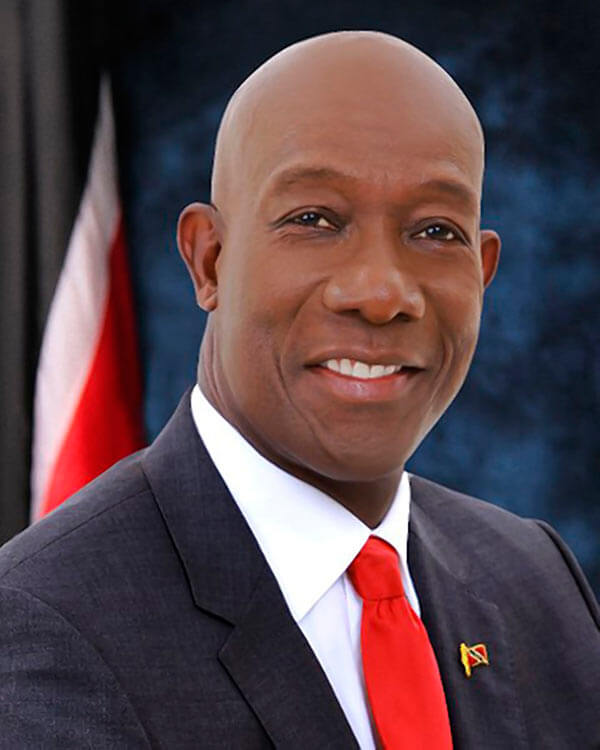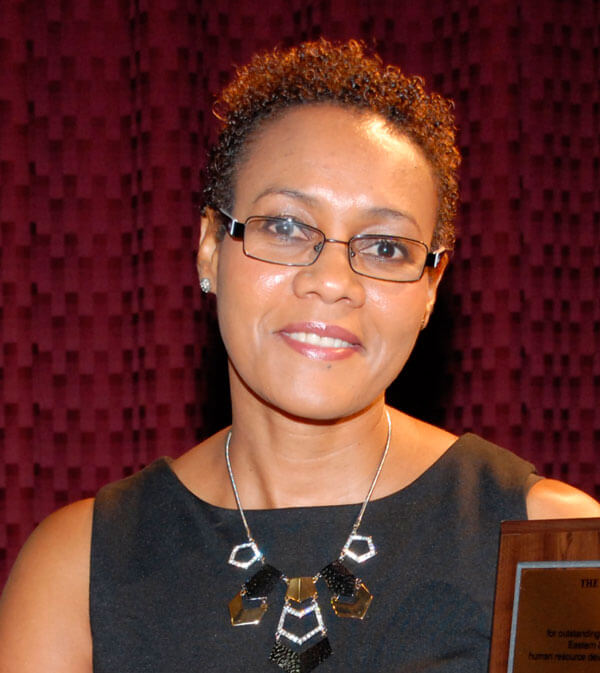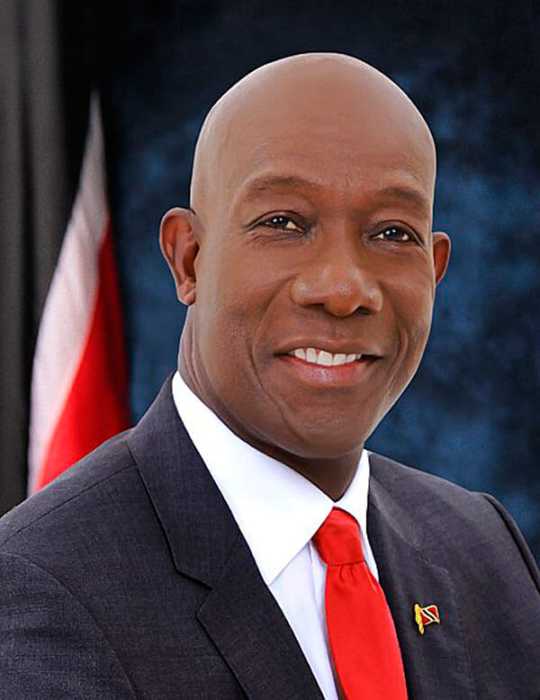CARICOM leaders want to meet with the International Cricket Council (ICC) to discuss the possibility of introducing a legislative solution to protect the legacy of West Indies cricket.
This was revealed by Trinidad and Tobago Prime Minister Dr. Keith Rowley to reporters on his arrival at Piarco International Airport on Wednesday evening on his return from the two-day CARICOM meeting in Haiti.
Rowley said CARICOM heads have adopted the position that West Indies cricket is a public good and this will be put forward to the ICC.
He said the regional union had sought, received and accepted the legal opinion of two Queen’s counsels that West Indies cricket was a public good.
The prime minister noted that West Indian politicians had “no intent, desire or requirement” to manage West Indies cricket, but they will intervene to protect the sport in the context of a public good, seeking to enact legislation in the interest of best practice to protect the legacy and future of the game.
“We will indicate to them (ICC) the desperate urgency that is required for West Indies cricket to be saved by this legislative approach to bring best practices into the public good of West Indies cricket,” he said.
CARICOM, he said, had made the unanimous decision to intervene in an attempt to bring about “some sanity” to the management of West Indies cricket.
Dr. Rowley noted that the Commonwealth heads of government meeting takes place in London in April this year and it was decided that a small delegation, led by St. Vincent and the Grenadines Prime Minister Dr. Ralph Gonsalves and including himself, anticipate meeting with the ICC at that time.
He said the failure of West Indies cricket is not the ICC’s but the regions and it needs the proper regulatory and legislative framework to overcome it.
Rowley said that CARICOM heads rejected the offer for a member head to sit on the board of Cricket West Indies (CWI).
He said when one bears in mind that West Indies cricket is “run by a company that is based in the Cayman Islands” and the product of the legacy of West Indies cricket is fast becoming a depleted stock, then there is need of intervention.
Rowley acknowledged the contribution of governments to cricket, funding most of the junior and even senior competitions, as well as owning several cricket stadia and other venues.
“The state has a big stake in West Indies cricket,” he added.
The prime minister noted that governments cannot just dissolve the board of Cricket West Indies (CWI), the regional governing body for the sport, because it didn’t appoint the board.
CWI and CARICOM have been at loggerheads since a Governance Review report by CARICOM recommended the immediate dissolution of the board, which was rejected by CWI.


























